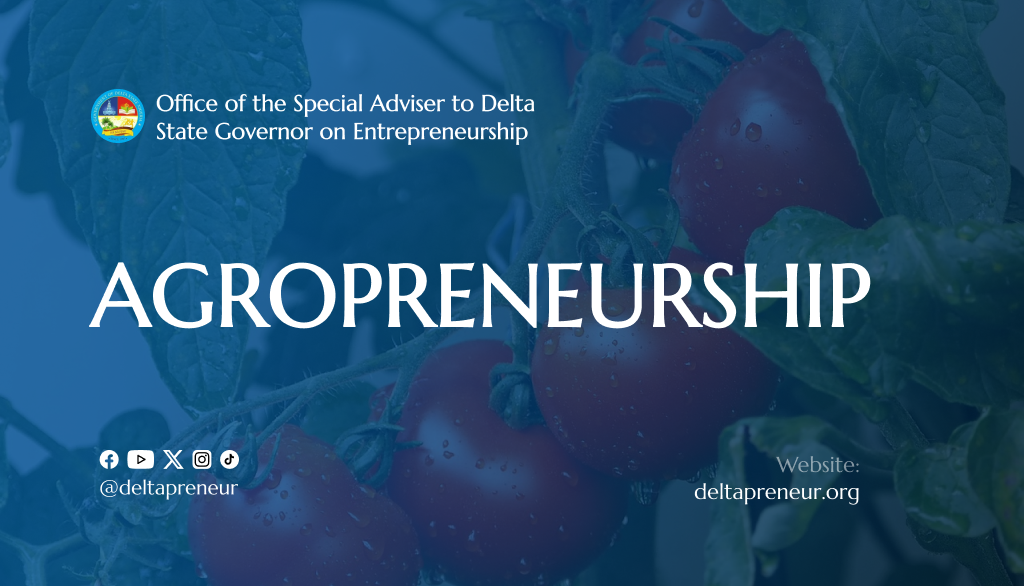Hydroponics and aeroponics farming systems represent innovative approaches to agriculture that have the potential to create additional streams of income and revenue for Delta youth, while simultaneously addressing unemployment, underemployment, and food security challenges in Nigeria, particularly in Delta State.
Hydroponics farming involves growing plants without soil, using nutrient-rich water solutions instead. This method offers several advantages:
Hydroponics systems can be set up in small spaces, such as rooftops, warehouses, or urban areas, maximizing land use efficiency. This is particularly beneficial in densely populated regions like Delta State, where arable land may be limited.
Hydroponic systems use significantly less water compared to traditional soil-based agriculture, making them ideal for regions prone to water scarcity or erratic rainfall patterns.
With controlled environments, hydroponic farms can operate year-round, providing a steady supply of fresh produce regardless of seasonal variations or weather conditions.
By providing plants with optimal nutrient levels and environmental conditions, hydroponics can result in higher yields and faster growth rates compared to conventional farming methods.
Aeroponics takes hydroponics a step further by suspending plant roots in the air and misting them with nutrient-rich water solutions. This method offers additional benefits:
Aeroponic systems are highly water-efficient, using up to 90% less water compared to traditional farming methods. This makes them particularly suitable for regions facing water scarcity or drought conditions.
By delivering nutrients directly to the roots in the form of a fine mist, aeroponics promotes rapid nutrient absorption and enhances plant growth and productivity.
Like hydroponics, aeroponic systems can be installed in compact spaces, allowing for vertical farming and maximizing land utilization, which is advantageous in densely populated areas like Delta State.
Implementing hydroponics and aeroponics farming systems in Delta State presents an opportunity to engage youth in entrepreneurial ventures and create alternative sources of income. Youth can be trained and equipped with the knowledge and skills required to establish and manage hydroponic and aeroponic farms, either independently or as part of cooperative ventures.
Hydroponics and aeroponics farming have the potential to generate employment opportunities across the agricultural value chain, from farm setup and maintenance to marketing and distribution. By promoting entrepreneurship and agribusiness development among youth in Delta State, these innovative farming systems can help reduce unemployment and underemployment rates, particularly among the youth demographic.
Hydroponics and aeroponics farming systems contribute to food security by increasing the availability of fresh, nutritious produce year-round. By diversifying agricultural production and reducing reliance on traditional farming methods, these technologies can help mitigate the impact of climate change, pests, and diseases on crop yields. In Delta State, where food insecurity is a pressing issue, adopting hydroponics and aeroponics can enhance resilience to external shocks and ensure a stable food supply for local communities.
In summary, the adoption of hydroponics and aeroponics farming systems in Delta State offers multiple benefits, including the creation of income streams for youth, addressing unemployment and underemployment, and enhancing food security. By harnessing these innovative agricultural technologies, Delta State can unlock the potential of its youth population, promote sustainable economic development, and contribute to the overall well-being of its residents.
Stay Connected with Deltapreneur
Follow us on Facebook
Follow us on Twitter
Follow us on Instagram
Watch our latest videos on YouTube

